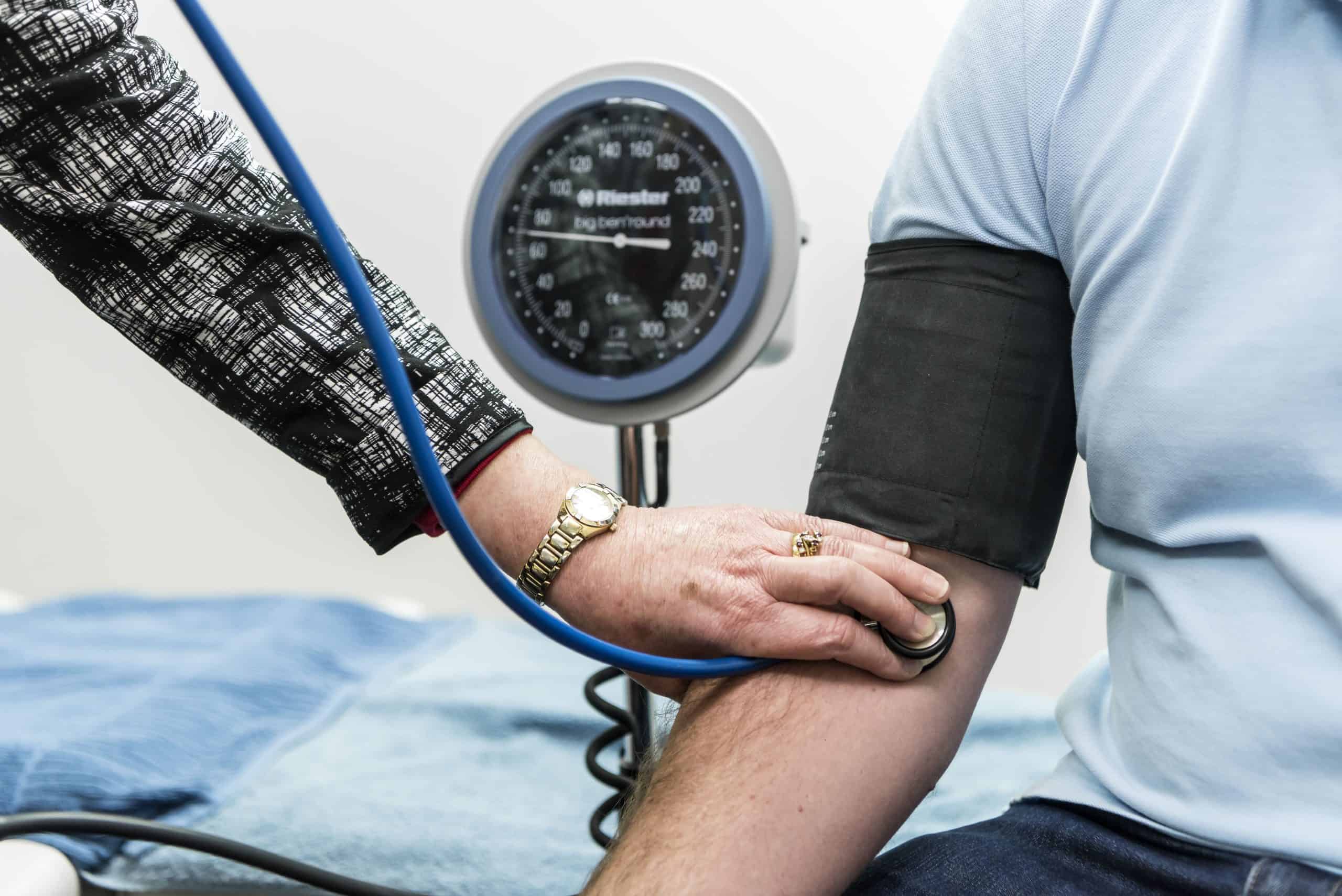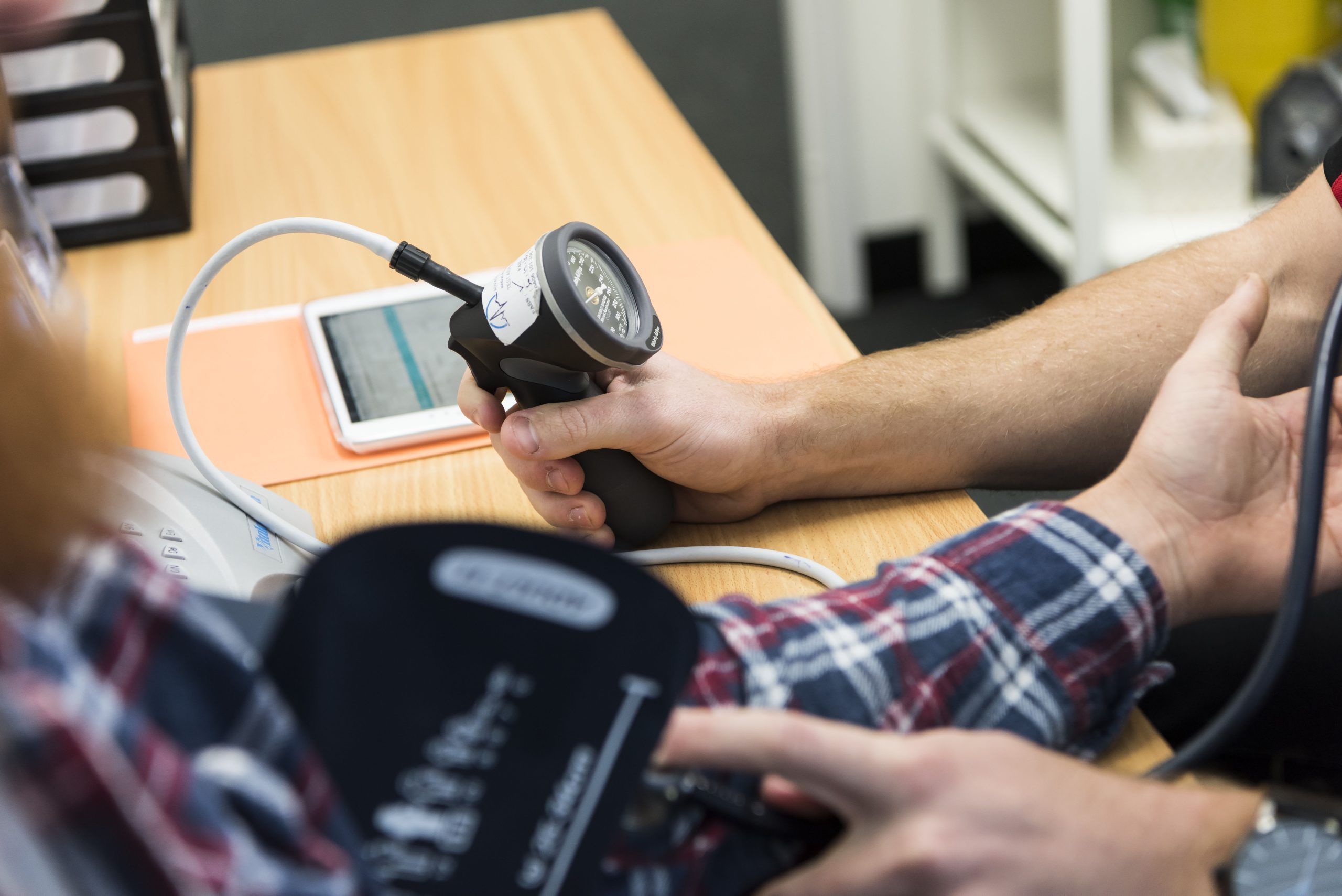Fitness-for-Work Assessments
Check whether returning employees can perform their duties following a period of injury or illness.
Trusted by leading Australian employers.










What Is A FFW Assessment?
A Fitness-for-Work (FFW) assessment is a detailed evaluation and medical report of an employee’s ability to safely perform the requirements of their role.
The assessment covers all aspects of health that may affect their ability to work and is typically requested following a non-work related injury or medical condition.
It can include both physical and/or psychological barriers or issues affecting work, and is tailored to the role in question through a role analysis or the use of a job dictionary.
FFW is an important tool to assist with the duty of care of an employer, particularly in workplaces where employees are potentially exposed to safety critical environments.
The assessment may be beneficial to the employer in the following circumstances:
· Following a non-work related injury.
· General medical condition/illness.
· Psychological issues.
· Safety concerns in the role
· Requesting information on current level of capacity and recommendations on restrictions.
Assessments are available with a General Practitioner, Occupational Physician or Psychiatrist.
Functional capacity testing can be included as part of the assessment for candidates who are employed in a physical role, with musculoskeletal injuries or candidates who have been out of work for a long period of time.
- Job Specific Functional: Specific to the workers role, this assessment will measure the workers ability to perform all physical demands covering the Upper Limb, Lower Limb, Back and Cardiovascular system.
- Injury/Area Specific Functional: Specific to the workers role, this assessment will measure the workers ability to perform the physical demands only related to the workers injury covering one area: Upper Limb, Lower Limb, Back or Cardiovascular system.
If you are unsure what FFW assessment you need, or you would like to discuss your assessment needs with us in detail, please get in touch with our medicolegal team.
Why Choose RediMed?
Through careful assessment, your specific needs, risks and requirements are identified and managed by your dedicated customer relationship manager.
Each assessment is conducted by a single medical practitioner – a seamless experience with no referral waiting times.
Our FFW assessments are tailored to each job description, delivering more accurate results than generic assessments.
Have workers assessed by one of our doctors, specialist occupational physicians, or psychiatrists.
Test Candidates Before Employment
Pre-employment medical assessments can help you screen prospective employees for health conditions and role-related risks.
How FFW Assessments Can Help
The basic purpose of FFW assessments is to make sure your employees can perform at their best.
If they can’t, you might need to make adjustments – which can include anything from different responsibilities to assistive technology or alternative roles.
But FFW assessments are also about giving your people the support they need.
Once any underlying conditions have been identified, you can tailor each employee’s duties and environment to match their capabilities.
That equals better productivity, more realistic output projections, and a lower risk of injury or illness.


When To Order A FFW Assessment
Before an employee returns to work after an injury or illness
Before an employee returns to work after extended time off (such as long service leave)
When an employee’s performance declines without explanation
When an employee is affected by a non-work-related health condition


Mental Health FFW Assessments
Stress, task-switching, high concentration, deadlines, vicarious trauma – each one can put pressure on mental health.
A mental health fitness-for-work assessment evaluates an employee’s capacity to handle the cognitive aspects of their role.
For some jobs, regular assessments are necessary due to the traumatic or stressful nature of the role, regardless of each employee’s personal situation.
Generally, though, mental fitness should be assessed before an employee returns to work.
(High levels of work-related or personal stress or trauma can also be good reasons to seek a mental health assessment.)
Find out how our assessing psychologists can help.
Our FFW Assessment Process
As your end-to-end workplace health partner, we’ll help you design a customised strategy to protect your people and optimise their performance.
During that process, we’ll identify scenarios that require fitness-for-work assessments.
We’ll also help you develop or refine job dictionaries for each role, which will be used to guide role-specific assessments.
Get in touch with us to set up a complimentary consultation.
When a pre-identified scenario occurs, notify your RediMed Medicolegal contact.
Once they’ve confirmed that a FFW assessment is appropriate, you will need to email medicolegal@redimed.com.au.
Our fitness-for-work assessments are conducted by our FFW unit, which includes GPs, specialist occupational physicians, and psychiatrists.
You can generally book an appointment with a GP in three to five business days, with an occupational physician in five to seven business days, and with a psychiatrist in 10 to 20 business days.
All FFW appointments can be conducted in person or via telehealth. Our functional assessments may also use our alliance network.
If an employee can’t make their appointment, they will have to email medicolegal@redimed.com.au
Cancellations should be made before 24 hours of the appointment time to avoid non-attendance fees.
After your employee has been assessed, a doctor may provide a verbal report to the employer within 24 hours. You will then receive the results by email within five business days. (If they’ve been assessed by an occupational physician or psychiatrist, results will generally be sent through in seven to 10 business days.)
Each set of results is accompanied by a detailed clinical report that explains the significance of the findings and the assessing practitioner’s recommendations.
Fitness-For-Work Assessment FAQs
A job dictionary is a document that contains a detailed risk-based analysis of each standard task that a given role performs. These analyses include the frequency of certain movements (such as sitting or forward reaching), sustained postures, a breakdown of lift/push/pull demands, common environmental risks, the associated risk areas for musculoskeletal injuries, psychological demands (such as concentration levels and time pressure), and guidance on risk reduction. Each job dictionary will also include general role information, such as a job description, days of work, and shift times and lengths.
Job dictionaries have three main purposes:
- to identify role-specific risks and inform potential risk management strategies
- to inform pre-employment assessments
- to inform return-to-work plans and fitness-for-work assessments.
If you don’t currently have job dictionaries for your organisation, talk to your RediMed relationship manager. We can help you create digitised documentation that lowers the risk of health conditions and improves the accuracy of employee assessments.
Our standard fitness-for-work assessment reports cover:
- duty requirements (as sourced from you and/or your relevant job dictionary)
- the employee’s work and medical history
- any current symptoms
- clinical findings
- overall employee fitness for work
- any recommendations and workplace restrictions.
Where the employee’s role involves physically demanding work, we typically also recommend a functional capacity evaluation (FCE) based on that role’s requirements. All FCEs are designed by our exercise physiologists, and can assess the employee’s capacity to perform all role functions or just their capacity to perform functions that use the body part(s) affected by their health condition.
A fitness-for-work (FFW) assessment is performed by a GP, occupational physician, or specialist. It assesses an employee’s ability to safely perform the basic requirements of their role.
A functional capacity evaluation is a series of tests designed by an exercise physiologist and performed by a GP, occupational physician, specialist, or allied health practitioner. It assesses an employee or candidate’s ability to perform specific physical movements or postures. It can be conducted as a standalone evaluation, or added to a FFW assessment or PEM assessment.

